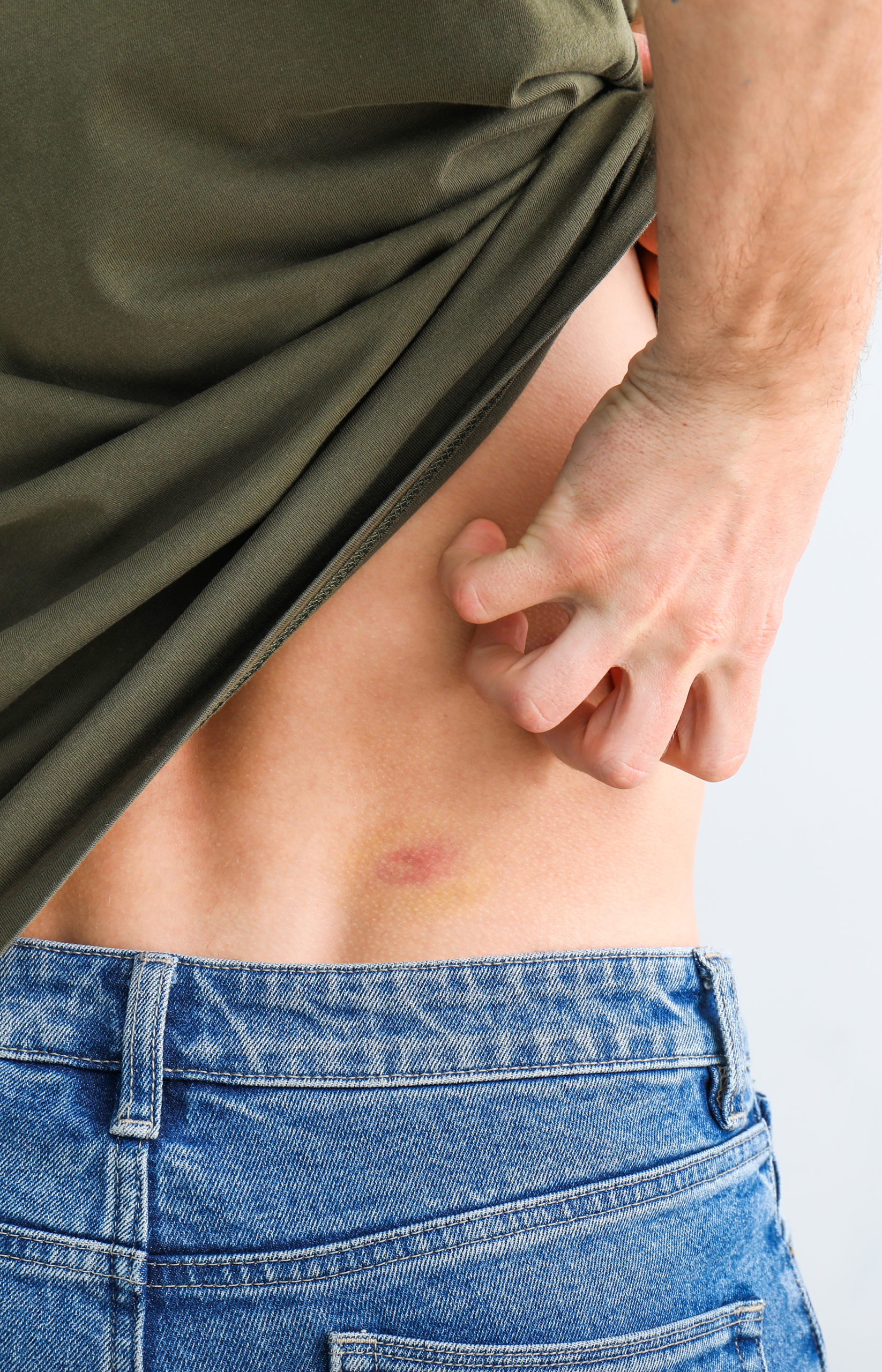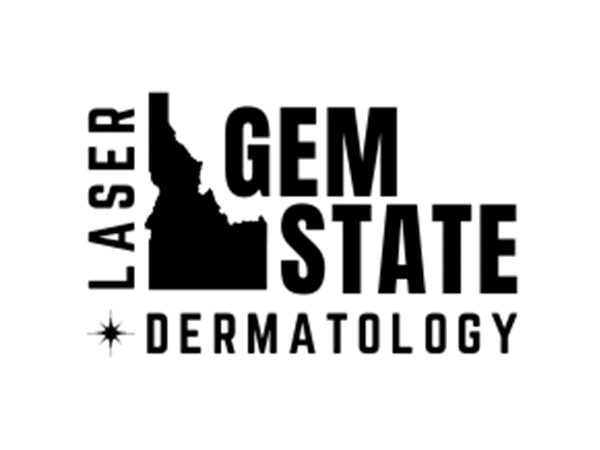
Urticaria (Hives)
Urticaria is a medical term that refers to raised, red patches of skin that are usually very itchy. Urticaria that last less than 4-6 weeks duration is referred to as acute urticaria. Urticaria that has been present for more than 4-6 weeks is referred to as chronic urticaria. The skin lesions of urticaria typically “come and go,” either rapidly or over many hours. On rare occasions, lesions may remain fixed in size, shape and location for longer periods of time. Besides itchy bumps, some patients complain of lip, tongue and throat swelling. Such swelling can be very dangerous and if this develops you must go to the nearest emergency department immediately for evaluation.
CAUSE: Urticaria is a peculiar form of “allergy” manifested in the skin. It is your body’s unique way of responding to a substance that it has come into contact with somehow. These substances can be inhaled, ingested or directly applied to the skin. Considering the endless array of foreign substances in our environment that interact with our systems, it should come as no surprise that urticaria often resolves on its own before its exact cause can ever be found. Most common known causes are infection, medication, and food.
TREATMENT: The successful treatment of urticaria is ultimately based on identifying and avoiding the cause. In many cases, urticaria resolves on its own, even through avoidance of such a factor cannot be accomplished. In other words, the body has “gotten used to” seeing such a substance around and grows “tolerant” to its continued presence. If you can identify a potential cause then try to avoid it.
In the meantime, we will be prescribing medications known as antihistamines for your use on a daily basis. These medications are only meant to relieve the symptoms (itching) and hasten the disappearance of the hives that are already present on your skin. They can not always entirely keep new hives from occurring but may make them less noticeable and itchy when they do occur. Antihistamines are not meant to be a cure for your hives. There are many different types of antihistamines available. They can be used either alone or in combination to give you symptomatic relief. It may take some time to find the right antihistamine or combination for you, so do not be frustrated if there appears to be some delay in this regard.
OTHER THINGS TO CONSIDER: Urticaria is not contagious. Blood tests are usually not necessary in the initial evaluation of patients with urticaria. There may be something peculiar about either your medical history or the nature of your hives that may prompt us to order certain blood tests to see if any underlying medical illness is at the root of your problem. Another potential reason for the ordering of certain blood tests might be a straightforward case of longstanding urticaria that is unresponsive to treatment and no cause can be found.
NOTE: If you are having wheezing, difficulty breathing, throat swelling or lip swelling, you should immediately go to the nearest emergency department for evaluation and treatment. If you have any questions or concerns, please do not hesitate to call us.
We're Here Whenever You Need Us
Phone
Fax
(208) 424-5072
Open Hours
Mon - Fri: 7:30AM - 5:00PM
Address
Boise, ID 83706

